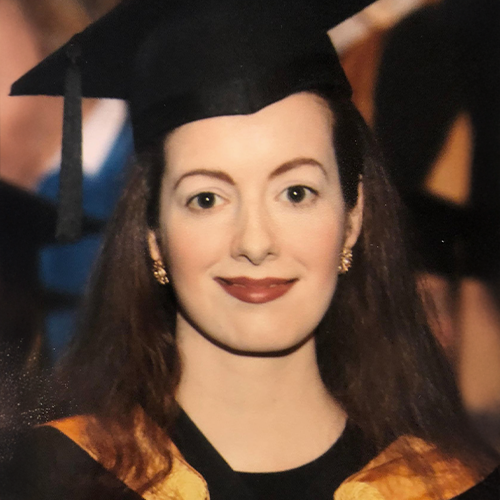Five UBC medical students have been honoured as recipients of the inaugural Molloy Medicine Awards.
The awards recognize medical students across Canada who have made significant contributions in supporting vulnerable and underserved populations, including those living in rural, remote and Indigenous communities, individuals living in home and long-term care, refugees and immigrants and individuals living with addiction and mental health challenges.
The award was generously created by the estate of Brian Molloy to help support medical students in Canada. This year, a total of 14 scholarships, each valued at $10,000 – $12,500 for one year, were awarded.
UBC Faculty of Medicine Recipients

Niyoosha Yoosefi
A second-year medical student in UBC’s Vancouver-Fraser Medical Program, Niyoosha is committed to improving healthcare access for marginalized populations. After immigrating to Canada at 16, she experienced the challenges of navigating an unfamiliar healthcare system, inspiring her to advocate for underserved communities with compassion and dedication.
“I hope to bridge healthcare gaps by improving access to care for underserved communities, both locally and globally,” she says. “Through clinical work, research, and advocacy, I want to help develop sustainable solutions that address systemic barriers and drive meaningful change.”

Victoria Rea
A fourth-year medical student in UBC’s Northern Medical Program, Victoria hopes to dedicate her future medical career to serving the healthcare needs of those living in rural communities.
“I am passionate about working on initiatives that raise awareness about health disparities, such as healthcare accessibility and women’s health, and plan to continue these endeavours throughout residency and beyond,” she says.

Kenneth Ong
A fourth-year medical student in UBC’s Vancouver-Fraser Medical Program, Kenneth hopes to continue serving people and families impacted by poverty, disability and mental health challenges. His experiences as a crisis line call taker, behavioural interventionalist, volunteer at homeless shelters, and researcher studying poverty reduction have deepened his commitment to improving patient outcomes.
“I hope to make a difference in medicine by improving neurosurgical outcomes for patients with conditions that impact disability, mental health, and socioeconomic stability,” he explains. “Ultimately, I want to bring together surgery, advocacy, and research to improve patient care and to inform policies that support vulnerable populations.”

Sonora Godfrey
A third-year medical student in UBC’s Island Medical Program, Sonora is passionate about equitable, trauma-informed mental health care and evidence-based psychiatric care space design, and plans to champion these causes as a physician. After earning a bachelor’s degree, she managed an outreach centre, worked in urgent mental health and substance use, and supported Dr. Bonnie Henry’s Office of the Provincial Health Officer during SARS CoV-2. During this time, she was privileged to participate in antiracism projects led by Dr. Danièle Behn Smith and Dr. Kate Jongbloed. She previously assisted Island Health’s Applied Research Unit doing modelling for SARS-CoV-2 and overdose prevention, has created equity-based process improvements and student supports within medical education, and received the BC Centre on Substance Use Medical Undergraduate Award. She is honoured to be a researcher with Dr. Tonia Nicholls’ Nicholls Lab at the UBC Department of Psychiatry, BC Mental Health & Substance Use Services and BC Forensic Psychiatric Hospital, where she assists on projects to improve health service equity for some of society’s most marginalized populations.
“As a medical student and future physician, I am privileged to use my role to amplify lesser-heard voices in society and advocate for equitable change,” she says.

Laura Best
A second-year medical student in UBC’s Vancouver-Fraser Medical Program, Laura is passionate about improving health outcomes for diverse communities. Throughout her PhD, her research focused on alcohol use and neuroimaging, leading to new research interests and perspectives in substance use and child welfare. She now supports research and community projects at BC Children’s Research Institute and the Social Pediatrics Program.
“When I look to my future in medicine, I’m excited to keep learning; learning from the families and communities I work alongside, from mentors who share their wisdom and expertise, and through community-driven research that inspires new ways of providing inclusive, safe and community-focused healthcare,” she says.